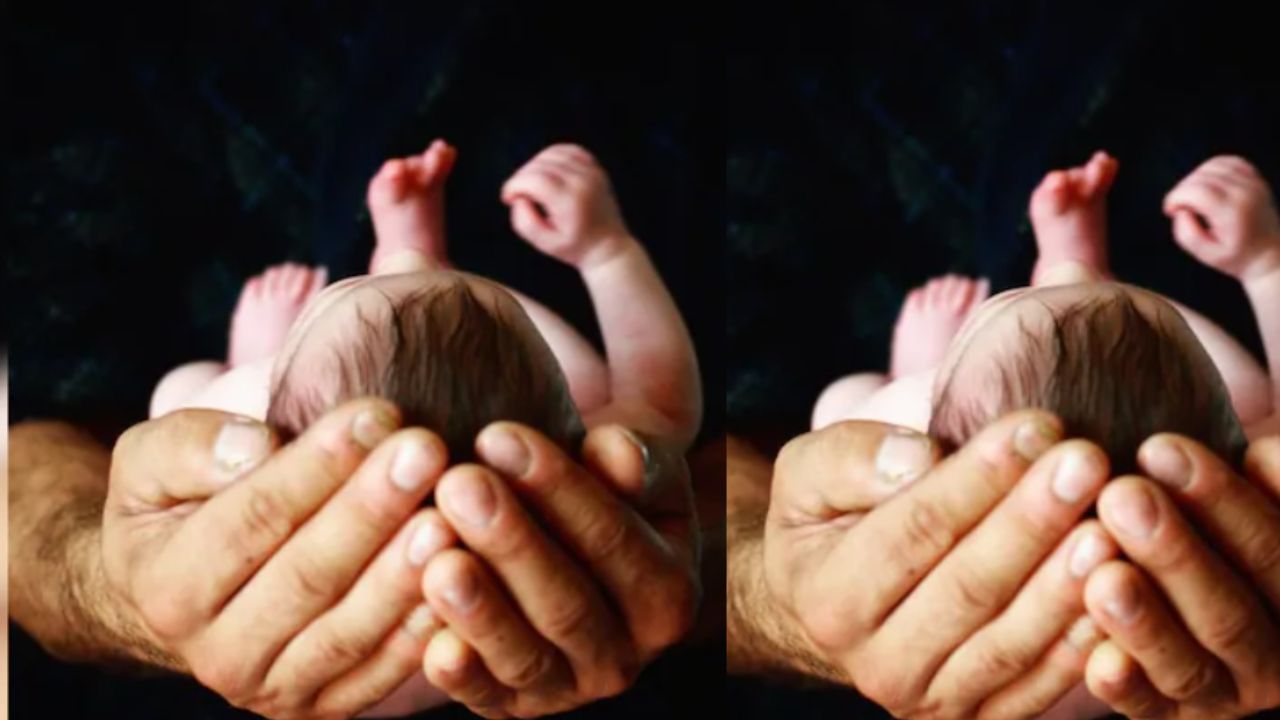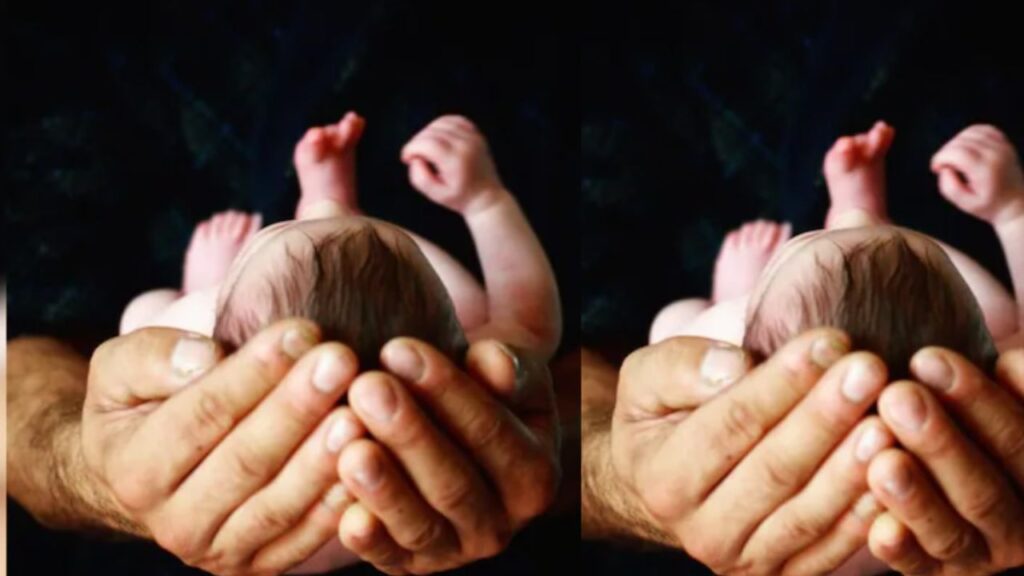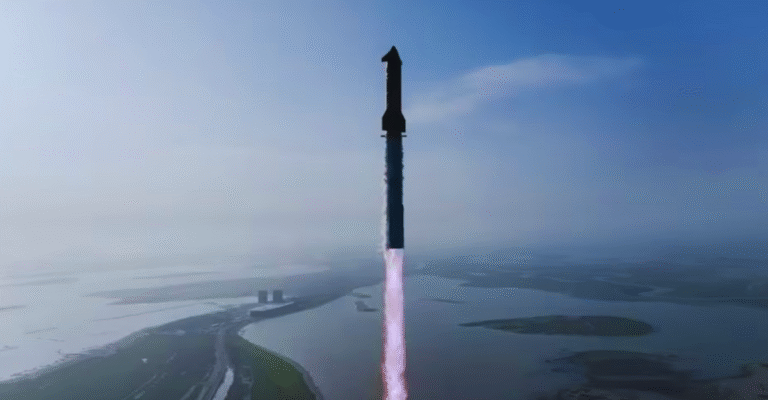
Born Among the Stars: What If a Baby Were Born in Space? A Scientist Breaks It Down
The thought of human life beginning beyond Earth isn’t just a page from science fiction anymore — it’s a real scientific curiosity. As humanity prepares for long-duration space missions to the Moon, Mars, and possibly beyond, one question stirs imagination and scientific debate alike: What if a baby were born in space?
Recently, leading space physiologists and reproductive biologists have begun exploring this very possibility. The conditions of outer space — from microgravity to radiation — pose serious biological, developmental, and ethical challenges for childbirth. Here’s what science says might happen, broken down step-by-step.
1. Conception in Microgravity: Can Life Even Begin?
First, for a baby to be born in space, conception must occur. In theory, fertilization — the fusion of sperm and egg — can still happen in microgravity. However, space affects human reproductive systems in subtle and surprising ways.
A recent analysis by NASA-backed researchers revealed that sperm motility (movement) and egg viability can be compromised in microgravity. For mammals, including humans, fertilization often depends on gravity-guided movement within reproductive tracts. Without gravity, this entire process might become inefficient or erratic.
Scientist’s note: “Gravity helps guide sperm and egg together in a delicate dance. In space, that rhythm is disturbed.”
Moreover, microgravity may affect hormone production, menstrual cycles, and implantation of a fertilized embryo — making natural conception highly uncertain.
2. Pregnancy in Space: A Nine-Month Challenge
Let’s assume conception somehow occurs. Pregnancy itself brings a whole new set of challenges in space.
A. Bone Loss and Muscle Atrophy
Pregnant women need strong bones and muscles to support fetal development and childbirth. In space, astronauts lose bone density and muscle mass rapidly. For a pregnant body, this could increase the risk of complications — from weak pelvic support to difficult labor.
B. Nutrient Absorption
Space affects digestion and nutrient absorption, both vital during pregnancy. Vitamins like folic acid, iron, and calcium, essential for fetal brain and bone development, might not be absorbed adequately.
C. Fetal Growth
Gravity plays a key role in blood circulation, organ positioning, and spatial development. In microgravity, a fetus might develop abnormally shaped organs, face fluid distribution issues, or experience impaired sensory system growth.
Imagine this: A baby floating in amniotic fluid, in a womb that itself floats — with no gravitational pull to anchor biological processes.
3. Labor and Delivery: The Cosmic Conundrum

Childbirth without gravity is as sci-fi as it gets — and far from simple.
- Pushing during labor depends on gravity and abdominal muscle pressure.
- Blood flow during delivery needs precise regulation — something that’s disrupted in microgravity.
- Emergency medical intervention in case of complications? Unlikely. Space stations currently don’t have surgical or advanced obstetric facilities.
Doctors suggest that a C-section would be safer in space than natural birth, but performing surgery in zero gravity opens an entirely new set of medical, technological, and logistical challenges, including sterilization, bleeding control, and post-op care.
4. After Birth: Can a Baby Thrive in Space?
If a baby is successfully born in orbit, the journey is far from over. Infancy is a critical time for growth — and gravity plays a surprisingly large role in that.
A. Physical Development
- Bones may not develop properly without resistance or load-bearing activities.
- The vestibular system (balance and orientation) might never develop naturally, affecting motor coordination for life.
B. Immune System
A baby’s immune system builds resilience through environmental exposure. In the sterile environment of a spacecraft, the child might face delayed or deficient immune responses.
C. Emotional Bonding
Skin-to-skin contact, eye-tracking, and auditory cues all help develop emotional bonding. In floating environments, the lack of normal touch and disrupted routines could hinder early emotional development.
5. The Ethical Frontier
The idea of human birth in space isn’t just a medical mystery — it’s also an ethical dilemma.
- Who is responsible if something goes wrong?
- Does the baby get Earth citizenship or become a citizen of the mission’s launching country?
- Should reproduction be allowed during deep-space missions where rescue is impossible?
These questions have no clear answers yet. But they’re becoming more urgent as Mars colonization and long-duration spaceflights turn from fiction to fact.
Earth-Born For Now, But Not Forever
A baby being born in space is, for now, a biological and medical improbability. But it’s not impossible. The more time humans spend in space, the more likely we are to confront the reality of space-based reproduction. For now, Earth remains the safest — and only — cradle of life.
Yet the question remains tantalizing: Will the first true “space baby” arrive in our lifetime?
One thing is clear: when it happens, it won’t just be a medical event — it will mark a new era in human evolution.
Because to be born among the stars isn’t just science — it’s destiny.






